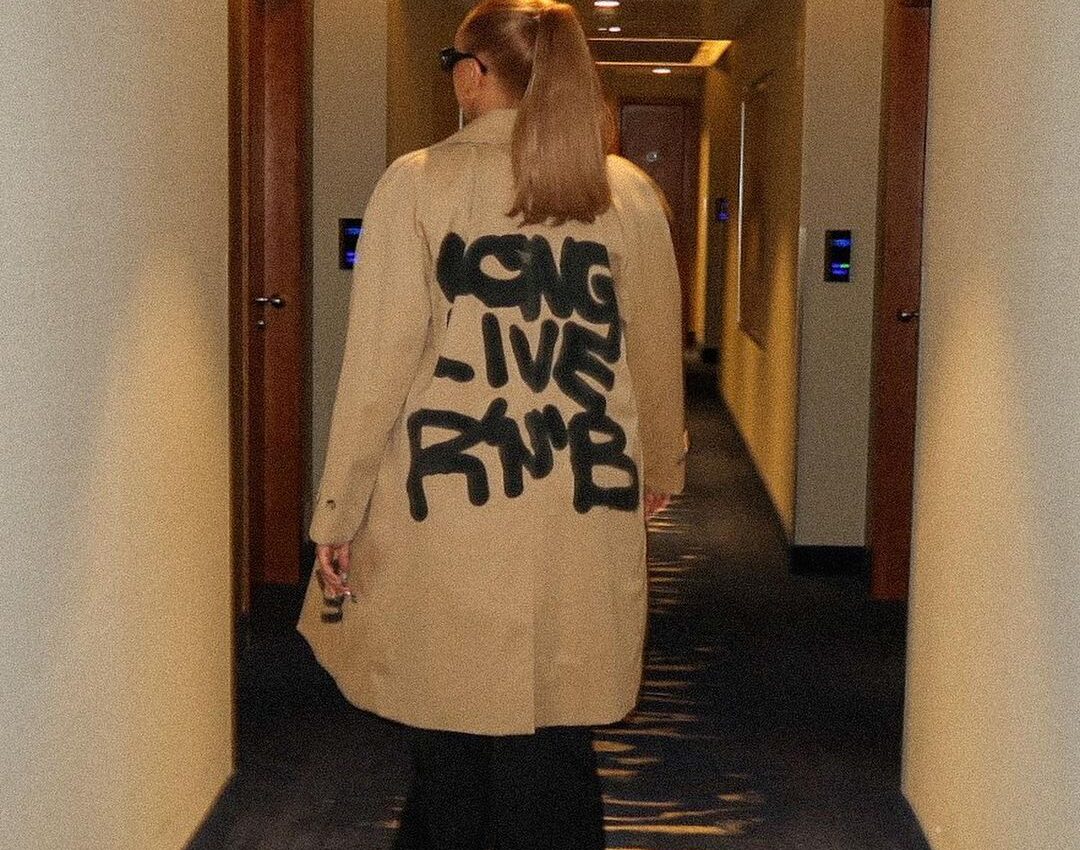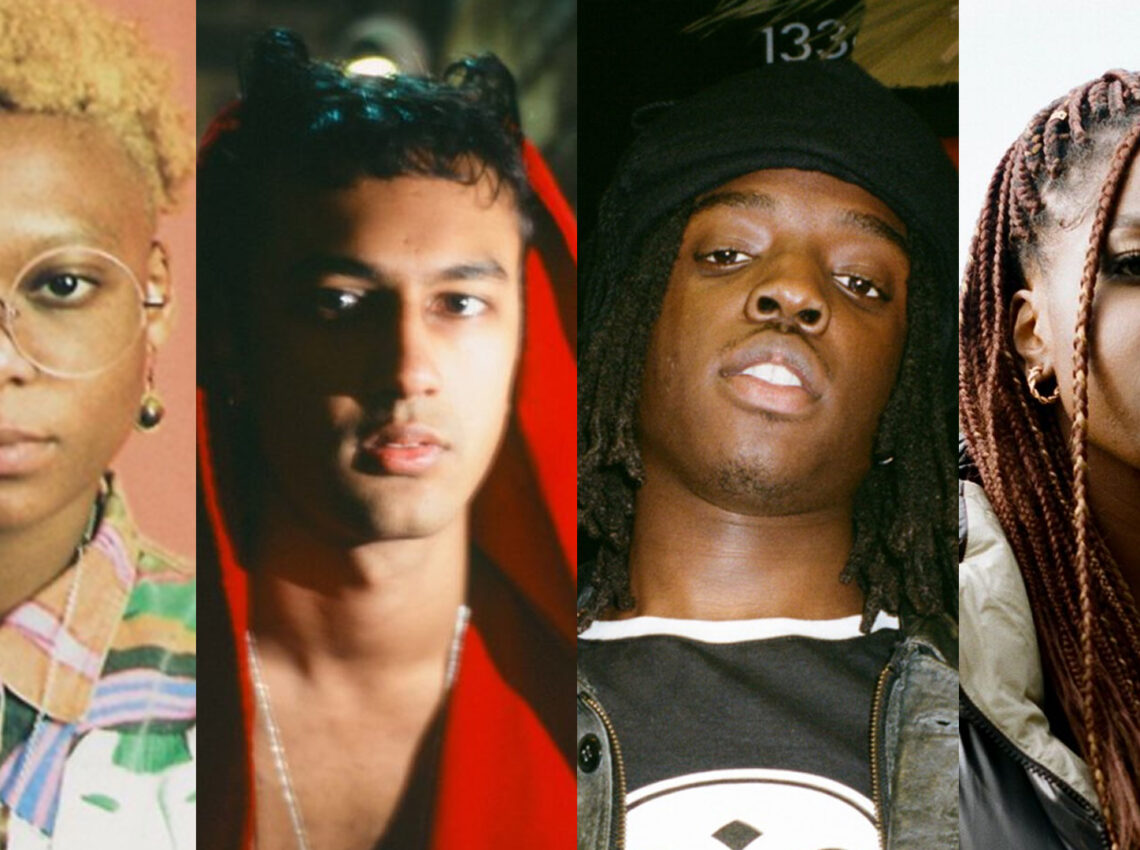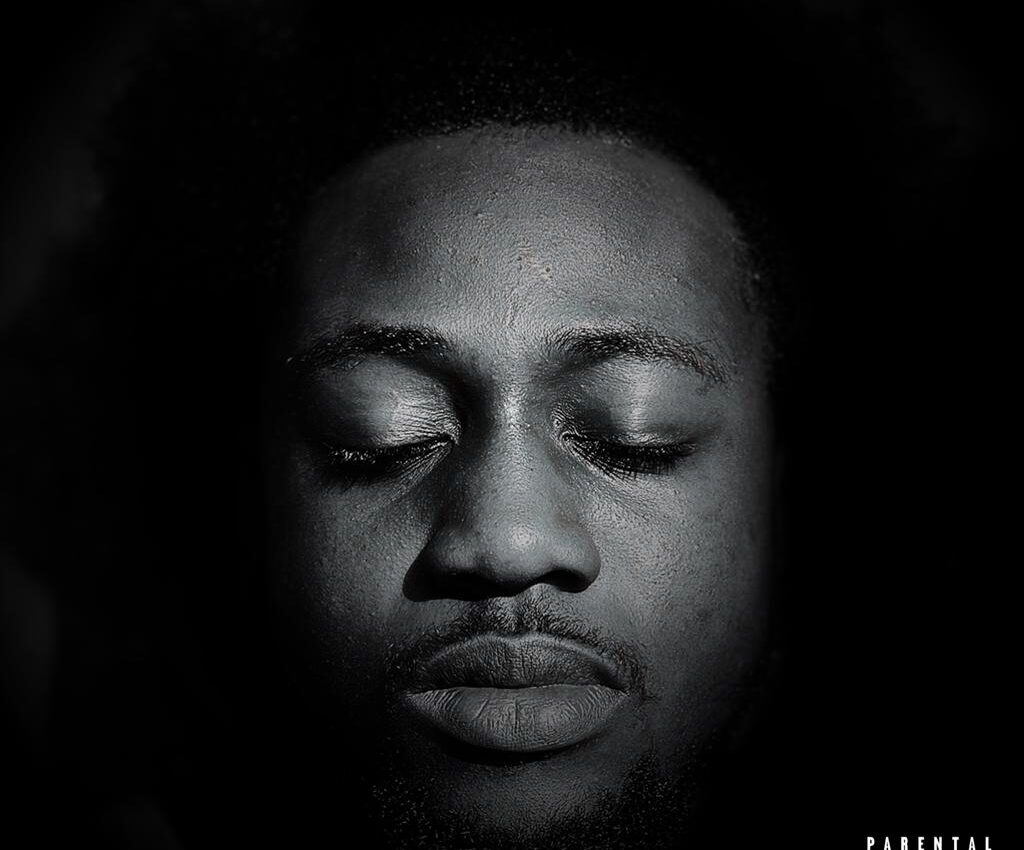British RnB – The Origins of A chaotic relationship


The shock attributed to yet another slight of the RnB talent within the UK can’t be said to be unwarranted, with The Brit Awards nominations for the category of brit/pop act leaving many upset, as the nominees were not seen to be very representative of the genre. Current RnB artists have faced large degrees of erasure like this for years, as the lack of investment, celebration and attention has resulted in the genre’s stagnation of growth domestically. The almost forced re-establishment of both RnB’s legacy and importance domestically has however been championed by those far and wide, but some could argue that it never had a home here to begin with.
When taking a harder look at the major musical awarding bodies within the UK, the status of RnB domestically becomes more understandable. The smaller MOBO awards can ironically be deemed to be the greater celebrant of RnB music, especially early on, with the award show heavily featuring honorary awards for RnB artists alongside deserved accreditation in the shape of gongs for both best singles and albums for artists in this genre. Standouts exist in the shape of the year 2000 when Gabrielle with “Rise” and Craig David with “Fill Me In” won the Best Album and Best Single titles respectively. Dotted around this victory are Beverley Knight, Goldie, and Ms. Dynamite in various other years, amongst a very historically important return from recluse from Sade.
The MOBO awards in its early years did manage to establish very stable grounds for a then-growing sub-genre. But some could argue that the awards merely represented the platforming of these British RnB talents, and when the bordered genre established itself worldwide it wasn’t given the means to sustain itself domestically. The voting patterns and winners at the turn of the mid-2000s are indicative of this, with the MOBOs pivoting towards platforming another rapidly growing section of music, this in the shape of rap and grime.
Photography via mobo.com (Damage performing at the MOBOs in 2000)
The BRITS can however be seen to be more guilty of negligence towards RnB with it taking 45 years from its point of inception to even recognize the genre; this recognition was only partially fulfilled as the category has been sharing titling duties with Britain’s most revered and respected genre in Pop music for the last 2 years. Taking aside the early soul, funk, and disco hubs that RnB established itself in, a vacuum of almost 30 years remains unaccounted for where artists such as Billie Ocean, Lisa Stansfield, and Loose Ends sought international refuge when domestic recognition was lacking. The British focus on awarding pop groups and acts could be deemed as fair at the time given the golden age the nation was going through especially in the late 70s; and with the constant reinvention of this sound by acts such as The Beatles, Queen, David Bowie, and Elton John to name a few, the stranglehold only grew and the emphasis on accrediting such artists increased in line with this.
NEW YORK – 1990: British group Soul II Soul (Jazzie B. in center) perform live at the Palladium in 1990 in New York City, New York. (Photo by Catherine McGann/Getty Images)
Artists from the UK however had been a constant source of inspiration to their friends across the pond, with the domestic soul movement not lost on arguably the innovators of such music. A rich collection of talent was beginning to cluster in the UK with artists such as Omar and Soul II Soul pushing boundaries and creating genre-defining music. The reception this neo-soul music attained strengthened these and forthcoming artists’ relationships with their American counterparts. Industry heavyweights such as Mos Def and Erykah Badu would regularly visit the UK, and Estelle and Marsha Ambrosius would regularly find themselves stateside, as a symbiotic relationship started to form and this would allow both scenes to thrive in their respective countries, this particularly in the 90s. Influences from the British neo-soul movement were undeniable as seen in the undeniable impact Jazzie B and Caron Wheeler’s music had on one of the flag bearers of the Soulquarian movement – D’Angelo.
Photography via instagram.com
The exodus or rather partial favouritism from the current crop of British RnB Artists towards the US is noticeable, extended US Tours from FLO and Ella Mai, paired with an outspoken statement from Mahalia via her BRITs outfit present a very sad trend where artists are being lost, and those who remain are being advised to pivot their focus towards audiences and more importantly, institutions who are more receptive to their work. The damage is not irreversible, but the trend is clear for all to see, and it’ll take a reengineering of the nation’s relationship with the genre to ultimately place it on the pedestal it has always deserved.
Discover more from GUAP’s Music section here





![ZINO VINCI’S ‘FILTHY & DISGUSTING’EP BRINGS YOU TO THE CORE OF THE ARTIST [@ZinoVinci]](https://guap.co/wp-content/uploads/2023/10/Zino-4.jpg)





